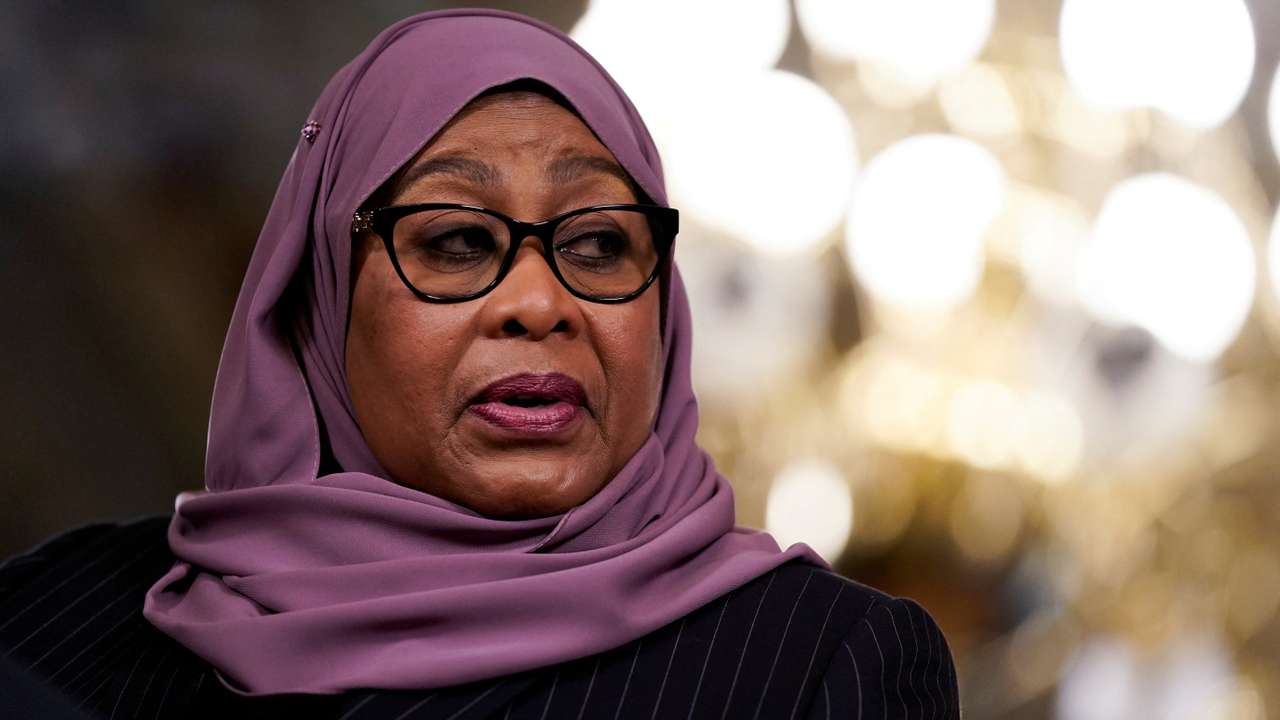President Samia Suluhu Hassan launched the $180 million facility on June 28, 2025, alongside President Évariste Ndayishimiye of Burundi.
The new factory, built by Itracom Fertiliser Limited, has the capacity to produce one million tonnes of fertiliser a year, with plans to triple output in the future.
The factory is seen as a major step toward solving long-standing fertiliser shortages that have affected farmers across East Africa.
Regional governments have struggled with high costs, weak infrastructure, and global supply disruptions, all of which have contributed to low crop yields and food insecurity.
The plant is located in the Nala Industrial Area and covers 21 hectares.
It employs over 1,800 workers, with thousands more jobs expected as production increases. The facility also plans to support rural economies by buying manure from local livestock farmers.
Speaking at the launch, President Hassan said the project would support agricultural growth, create jobs, and strengthen ties between countries in the region.
“This is more than just a factory; it represents agricultural transformation and regional cooperation,” she said.
Government officials say the plant will also contribute to the country’s fertiliser subsidy programme and help Tanzania meet its target of sourcing 80% of fertiliser locally.
Agriculture Minister Hussein Bashe confirmed the plant had already spent Sh15 billion buying manure from local communities and would play a key role in future farming strategies.
